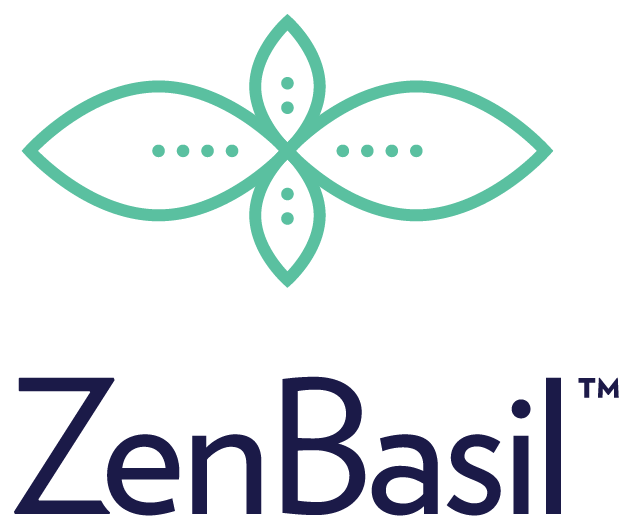Science, Tradition, and the End of the Chia Hype
Over the last decade, chia seeds have exploded across grocery store shelves, wellness blogs, and health drinks. You’ve seen them in puddings, protein bars, kombucha, and overnight oats.
But ask yourself—why chia?
The truth is, chia’s popularity didn’t come from its superior nutrition. It came from supercharged marketing, massive investments from soda giants like Coca-Cola, PepsiCo, and Nestlé, and a convenient wellness narrative built by billion-dollar food conglomerates.
Before their entry into the “superfood space,” chia seeds were mostly known for one thing: the Chia Pet.
Ancient Superfood vs. Modern Marketing
While chia was being molded into cartoon pottery heads, basil seeds were nourishing civilizations across the globe for over 5,000 years.
Used in Ayurveda, along the Silk Road, and in the heart of Asia, modern-day Afghanistan, Persian, and Southeast Asian medicine
Cultivated for healing, hydration, digestion, and reproductive health
Always grown for food, never for novelty
Celebrated on every continent except North America—until now
Today, thanks to Zen Basil, Americans can finally rediscover what much of the world never forgot:
Basil seeds are the real superfood.
Backed by Peer-Reviewed Research
Studies show basil seeds contain:
22.6g fiber per 100g
Up to 22.5g protein per 100g
High levels of omega-3s (ALA) and polyphenols like rosmarinic acid and eugenol
Functional mucilage that supports gut health, satiety, and hydration
Clinical studies also demonstrate that basil seeds can:
Lower blood sugar and lipids
Reduce inflammation
Act as natural fat replacers in cooking without nutrient loss
(Source: Comprehensive Review on Basil Seeds as Functional Food, 2021)
Zen Basil vs. Chia Seeds: Nutritional Showdown
Zen Basil vs. Chia Seeds (per 2 tablespoons)
| Nutrient | Zen Basil Seeds | Chia Seeds |
|---|---|---|
| Fiber | 15g (complete) | 10–11g |
| Protein | 5g (complete) | 3–4g (incomplete) |
| Omega-3 (ALA) | ~5,000 mg | ~4,900 mg |
| Calcium | 370 mg (≈30% DV) | ~180 mg |
| Magnesium | 90 mg (≈20% DV) | ~40 mg |
| Iron | 4.7 mg (≈25% DV) | ~2 mg |
| Sweeteners / Additives | None | Often includes stevia or monk fruit |
The Problem with Chia—and Most “Clean Label” Protein Powders
Let’s go deeper. Most chia seeds and popular protein powders are:
Isolated fragments of real food
Stripped of fiber, fats, and micronutrients
Blasted with high heat, chemical solvents, and spray drying
Masked with stevia or monk fruit—highly processed sweeteners that spike insulin and confuse the brain
Dr. Robert Lustig, a leading endocrinologist and author of Fat Chance, warns:
"Non-caloric sweeteners, including stevia and monk fruit, can still act as obesogens, disrupting metabolic signaling."
And as Dr. Casey Means, the 2025 Surgeon General nominee and author of Good Energy, explains:
"Processed food wears the costume of health—organic, plant-based, gluten-free—but it’s still engineered and extracted."
Zen Basil doesn’t play that game.
Zen Basil = Real Food. Real Healing. Real Results.
Unlike chia, Zen Basil seeds are:
Grown for food, not planting
Tested and certified organic
Rich in soluble and insoluble fiber
A natural source of complete plant protein
Loaded with magnesium, calcium, potassium, and iron
Lectin-free, glyphosate-free, zero sweeteners, and no isolates
Dr. Means also states:
"Your body doesn’t need processed perfection. It needs real food—grown in soil, rich in information, and full of life."
Zen Basil delivers exactly that.
Bottom Line: America’s Fiber Problem Has a Simple Solution
According to CDC estimates, 95% of Americans don’t get enough fiber. But one serving of Zen Basil provides 60% of your daily need—without any powders, pills, or false promises.
While chia seeds rode the wave of marketing hype, basil seeds never left the table.
They were just waiting to be rediscovered.


